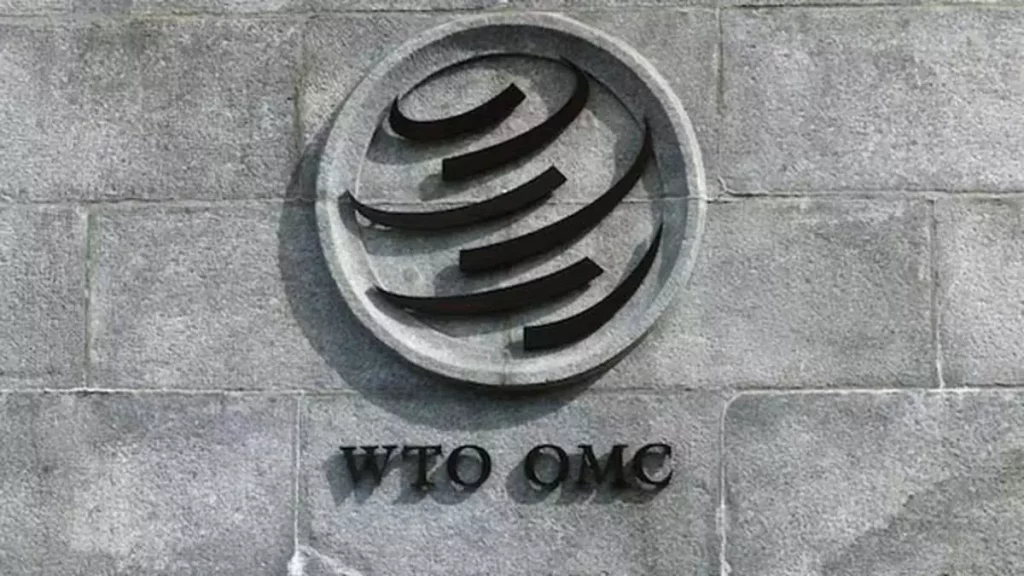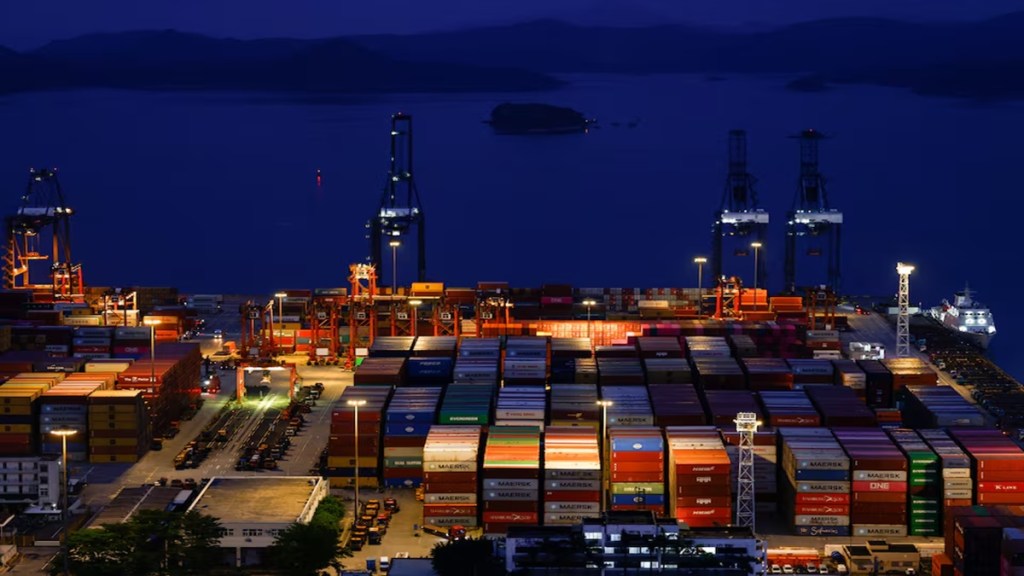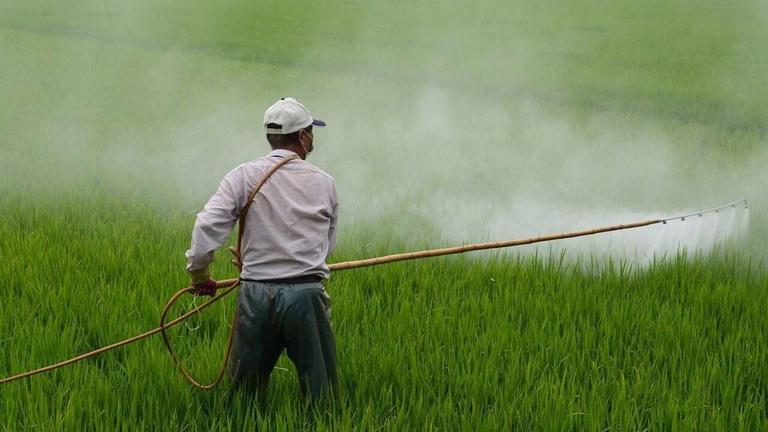Tags
India under WTO scrutiny for alleged ban on rice exports to UN tenders
WTO agriculture committee meet likely to take up query by Canada, Brazil, Australia, UK
BY AMITI SEN

India’s export restrictions have had significant repercussions on agriculture exports, prompting concerns about transparency and volatility.
Canada, Brazil, Australia, and the UK have asked India to clarify at the WTO whether it had stopped its rice exporters from participating in the UN World Food Program (WFP) tenders earlier this year for broken rice supplies to countries including Cameroon, Togo, and Algeria and whether the decision was contradictory to its commitment to exempt such supplies from export restrictions.
“India is expected to reply to the queries at the two-day meeting of the WTO Committee on Agriculture (CoA) starting Thursday,” a source tracking the matter said.
WTO members approved a decision to exempt the WFP’s humanitarian food purchases from export restrictions at the 12th Ministerial Conference in Geneva in 2022. While India initially opposed the decision, as it wanted to retain the flexibility to impose export restrictions to ensure its domestic food security, it had finally given its consent.
“In late February 2024, several news outlets reported that the Directorate General of Foreign Trade (DGFT) of India had received requests to allow India’s rice exporters to engage in the WFP’s rice tender process, which the DGFT denied. Could India confirm whether its rice exporters have been prohibited from participating in the WFP’s rice tenders or if related exporter requests have been denied, including in the context of the WFP’s recent tenders for broken rice supplies to countries including Cameroon, Togo and Algeria?,” the four countries put forward in their joint query.
They also asked India to explain what factors and considerations had led the DGFT to prohibit India’s rice exporters from participating in the WFP tenders or deny related export requests, if it had indeed done so, and whether this was compliant with WTO norms.
“Could India explain how this prohibition or refusal complies with the 2022 Ministeria lDecision on WFP Food Purchases Exemption from Export Prohibitions or Restrictions and India’s commitment to exempt WFP non-commercial humanitarian food purchases from its export prohibitions or restrictions?” the countries questioned in the submission.
UK, Canada and Australia also referred to media reports stating that despite India’s general export ban on non-basmati white rice, it permitted exports of 30,000 tonnes of non-basmati white rice to Tanzania and 80,000 tonnes of broken rice to Djibouti and Guinea Bissau. The countries asked about the accuracy of the report and sought details on which other members had benefited from government-to-government (G2G) agreements with India on the export of non-basmati white rice.
The countries asked India about further information that it intended to communicate on bilateral arrangements, and other G2G agreements, that may impact the international rice market, to aid transparency and reduce volatility.
Export ban and restrictions on commodities like rice, wheat, sugar and onion have hit agriculture exports of about $ 5-6 billion in the last fiscal, according to a government official. “These restrictions were important to ensure food security in the country. We can export these items only when there is a surplus,” the official explained. India’s agriculture exports in the April-Feb 2023-24 period declined 8.8 per cent to $43.7 billion, per government figures.
https://www.thehindubusinessline.com/economy/agri-business/india-under-wto-scrutiny-for-alleged-ban-on-rice-exports-to-un-tenders/article68203651.ecePublished Date: May 22, 2024






